Poland considers Türkiye a key actor in ensuring European security and offers continued support to its membership in the European Union, according to Polish politicians, academics and think tank representatives.
“The EU never applies religious criteria and considers economic, political and value-related criteria when seeking a partner. Poland is doing its part in Türkiye’s EU membership process, but it takes two to tango. Türkiye should also do its part,” Polish Deputy Foreign Minister Anna Radwan told a press conference in Warsaw.
The current EU term president, Poland, hosted a group of journalists on a press tour under the auspices of the EU delegation to Türkiye and the Polish Embassy in Ankara.
‘Security top priority’
The EU term presidency is a very important period for Poland, both politically and strategically, Radwan said.
According to Janusz Reiter, founder of the Center for International Studies, the Russian invasion of Ukraine “changed everything” for Poland.
“There is a thought of ‘How can we trust our neighboring countries?’ in terms of defense,” Reiter told reporters on the press tour. “Poland cannot manage alone if anything happens to Russia. Its defense power is not sufficient.”
“Security by defense is always our priority and, in this sense, Türkiye is a key country for the security of the EU and Ukraine,” Reiter noted.
Türkiye, with NATO’s second-largest army, a Black Sea coastline and cordial ties with Russia and Ukraine, could play a key role in Europe’s security. Following the U.S. pivot in foreign policy on Ukraine, European leaders have been scrambling to develop a new security strategy.
Ankara has been quick to warn that European defenses cannot be ensured without its involvement.
Polish Foreign Relations Institute analyst Artur Kacprzyk described Türkiye as a “critical country for security” due to its military potential and control over access to the Black Sea.
Meanwhile, Warsaw University’s Europe Center director, Kamil Zajaczkowski, believes the EU needs to start discussing the development of security cooperation.
Zajaczkowski called for the establishment of a European defense policy within NATO.
“Türkiye becomes important here because all these NATO members will spend more money to develop their defense capabilities,” he said.
The burgeoning Turkish defense industry boasts homegrown tanks, drones, missiles, warships, submarines and many others that have gained traction among EU countries and the U.S., driven by cost-effective solutions, proven battlefield performance and reduced dependency on traditional suppliers.
Data from the Stockholm International Peace Research Institute (SIPRI) shows Türkiye’s share of global arms exports increased by 103% from 0.8% in 2015-2019 to 1.7% in 2020-2024. That makes Türkiye the 11th largest arms exporter globally.
Several European partners, including Spain, Italy and Portugal, are clients of Turkish defense products. Poland was the first NATO country to sign an agreement to buy 24 units of Turkish-made Bayraktar TB2 drones from Türkiye in 2021.
Yet Türkiye’s membership bid in the EU has not progressed in nearly a decade over what Ankara says is the bloc’s “insistence on politicizing the issue.”
Türkiye suggests it has fulfilled most of the criteria for membership.
Poland has been consistent in its support of Türkiye’s accession process, according to Dr. Danuta Chmielowska.
“If Türkiye becomes an EU member, Poland will be very happy,” Chmielowska said. “Central Asian and Caucasian countries, including Türkiye, have a very important place in the EU. I believe that one day Türkiye will be a part of the EU.”
She also said Poland approved of President Recep Tayyip Erdoğan’s policies regarding the Russia-Ukraine war.
Erdoğan was the architect of a grain deal between the two countries in the first year of the conflict and sought to mediate the Russia-Ukraine talks further. Ankara has repeatedly expressed readiness to contribute to peace and urged the sides to engage in dialogue for a lasting peace process.

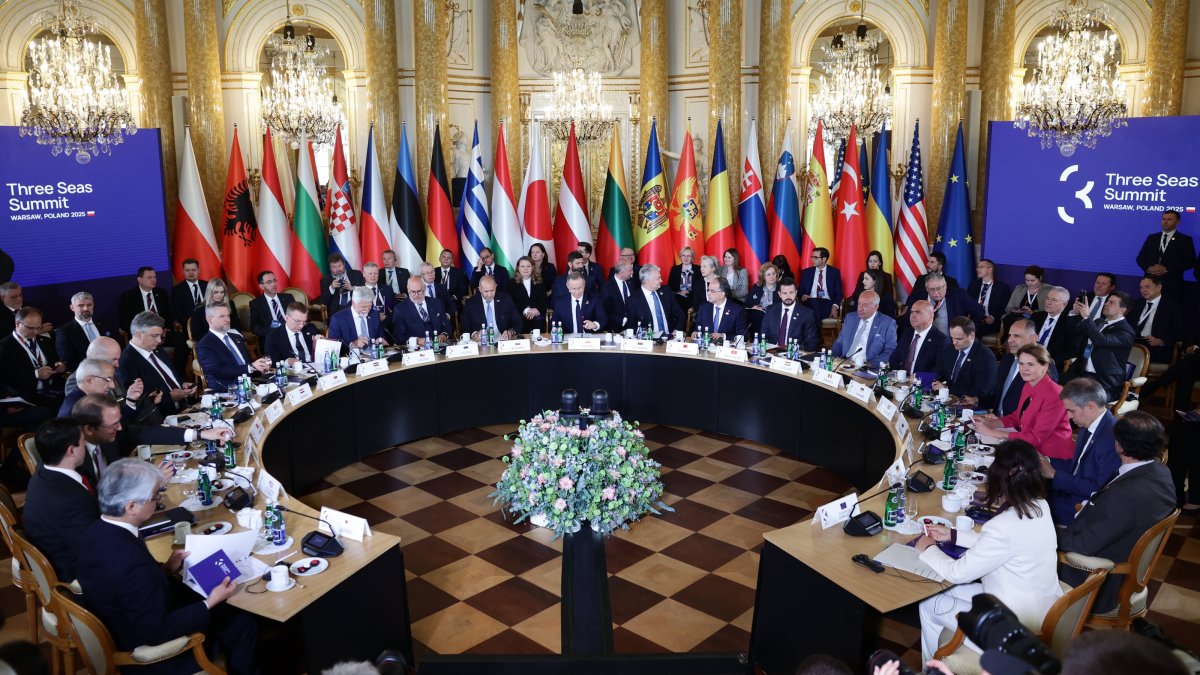
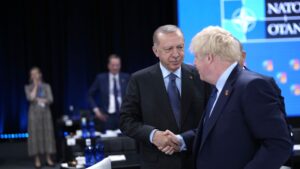


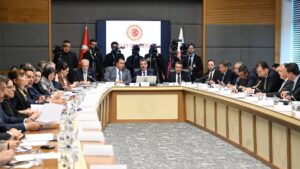

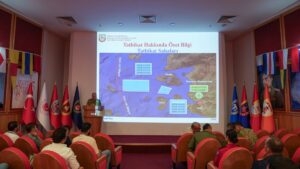
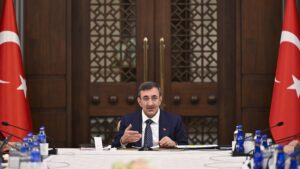

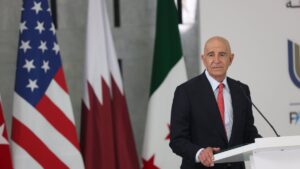
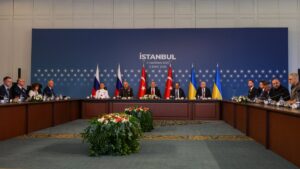
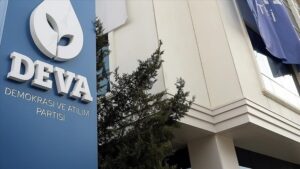

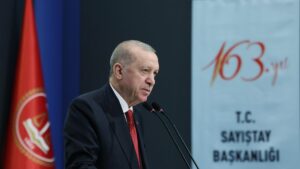
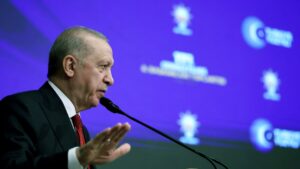
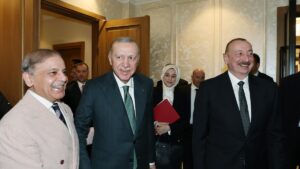

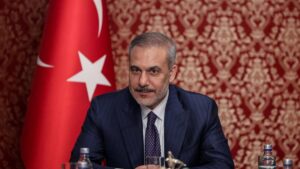
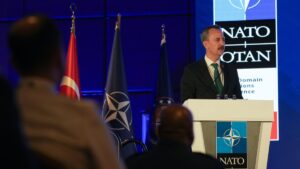
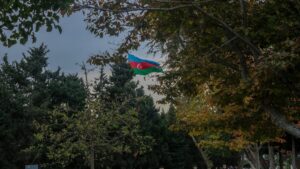
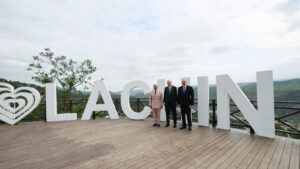





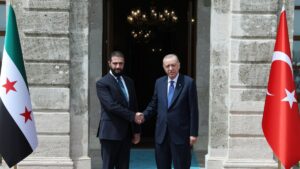


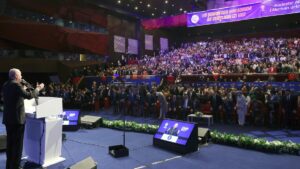
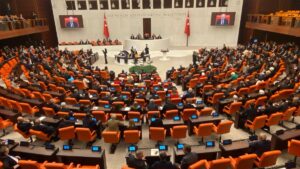
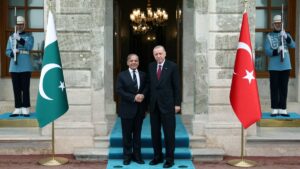
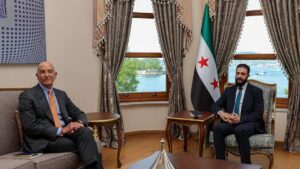

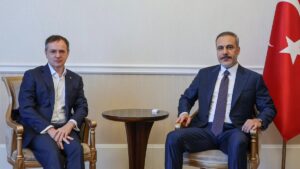
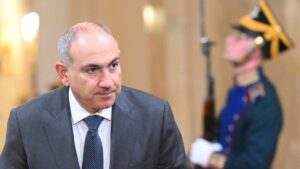



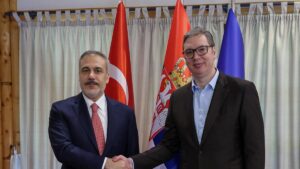

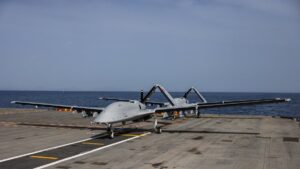
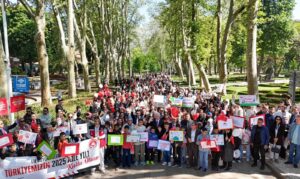
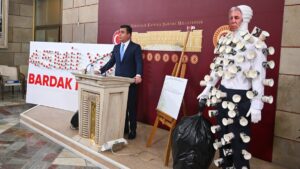

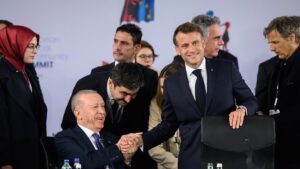
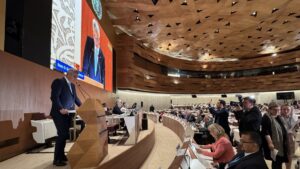
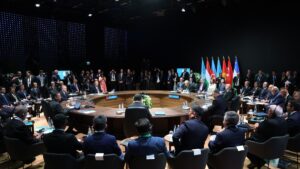

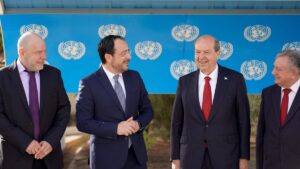
Be First to Comment